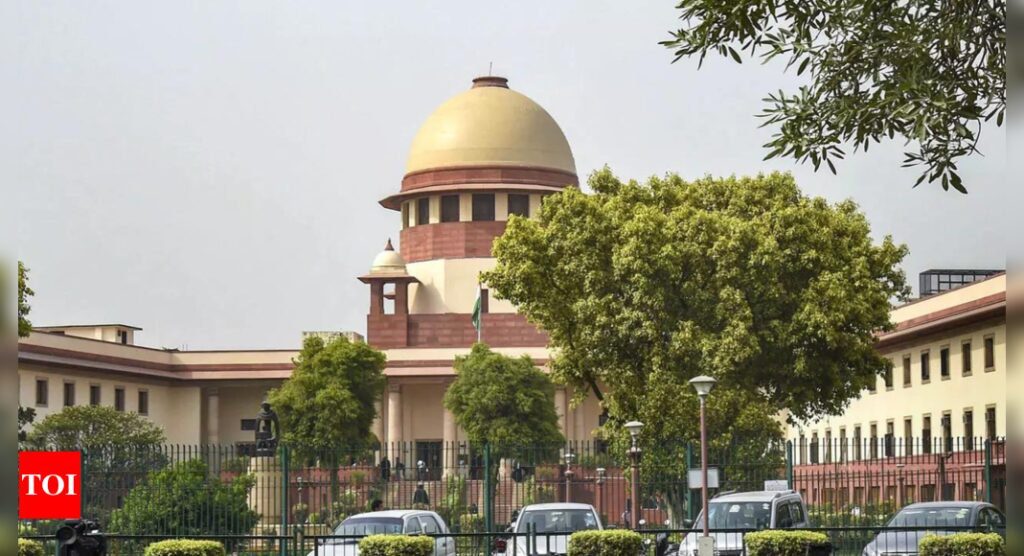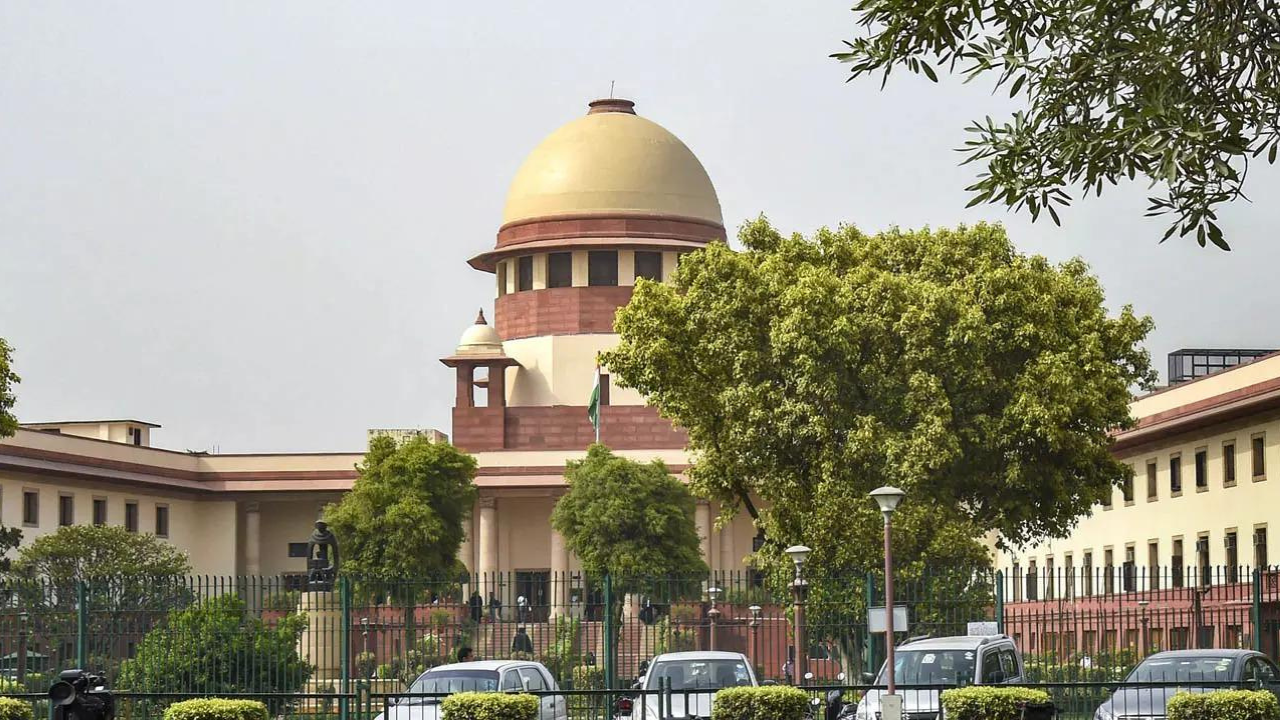[ad_1]
A CJI-led bench said Section 153A of IPC (promoting enmity) could not be invoked for such false statements. “The report may be right or wrong. But that is what free speech is all about,” it said as a Meitei NGO alleged falsehoods propagated by Kukis in the EGI report.
‘FIRs don’t reveal even a whisper of offences’
Calling an NGO’s complaint against three Editors Guild members a “counter-narrative of the government”, a CJI-led bench said the FIRs lodged against them did not “reveal even a whisper” of the offences alleged in the complaint.
The Meitei NGO, which had lodged the FIRs against the EGI members, opposed the journalists’ plea for revoking the FIRs alleging that the report was full of falsehoods propagated by the Kuki side, which deepened the ethnic divide and fuelled violence. The bench of CJI DY Chandrachud and Justices JB Pardiwala and Manoj Misra said even if the report was false, journalists could not be prosecuted under Section 153A.
“Assuming that the EGI report is false, it is not an offence under Section 153A. There are falsehoods in articles published across the country every day, do we prosecute all journalists under Section 153A?” the CJI said. Section 153A penalises “promoting enmity between different groups on grounds of religion, race, place of birth, residence, language etc, and doing acts prejudicial to maintenance of harmony”.
The CJI also questioned how ingredients of Section 200 of IPC invoked against the EGI members in the FIR were made out from the NGO’s complaint. “How was the report a declaration to the court? How is an offence under Section 200 made out? Read your complaint,” he asked. Section 200 says “whoever corruptly uses or attempts to use as true any such declaration, knowing the same to be false in any material point, shall be punished in the same manner as if he gave false evidence”.
Solicitor general Tushar Mehta said, “The Manipur government is not concerned with all these. My only worry is any organisation now can put up a fact-finding committee, file a report and place it alongside the counter views and then come before the SC seeking quashing of the FIR. With this (kind of report), we may not be able to control the narrative-building by both sides.”
The CJI said, “The Army wrote to the EGI and complained of biased or one-sided reporting of the ethnic violence. The Army invited them. They went to the ground and submitted a report.”
During the hearing, EGI counsel Shyam Divan informed the SC about the Manipur HC chief justice entertaining a PIL against the EGI report and sending notices seeking response of the journalists on the plea for discarding the report. The bench ticked off the HC chief justice, saying, “The manner in which the PIL is entertained by the chief justice of Manipur HC, as head of the family… there are better cases to take up than these kinds of PILs.”
The bench asked the Meitei NGO’s counsel Guru Krishna Kumar to file its response to the EGI’s plea for quashing of the FIR after Divan repeatedly said that lodging of FIRs had a chilling effect on free speech of journalists.
He also flagged the Manipur CM holding a press conference to defend lodging of FIRs against the journalists. Kumar attempted to salvage the situation by suggesting that the NGO would withdraw the police complaint if the EGI withdrew its report. Divan said the EGI had put comments for and against the report alongside it in the same weblink for people to frame their views. The SC asked the NGO to file a response by Friday, when the matter will be taken up for further hearing.
[ad_2]
Source link











More Stories
We can’t wait to face India in the final: Pat Cummins | Cricket News
Railways plans 3,000 additional trains in next 4-5 years to minimise number of waitlisted tickets | India News
Faridabad: Man dies after ‘falling from hotel room window’ while partying with friends